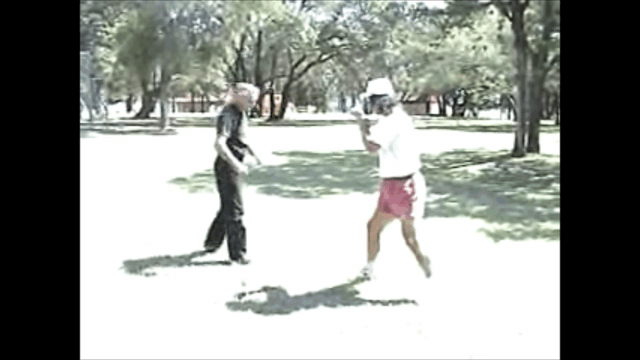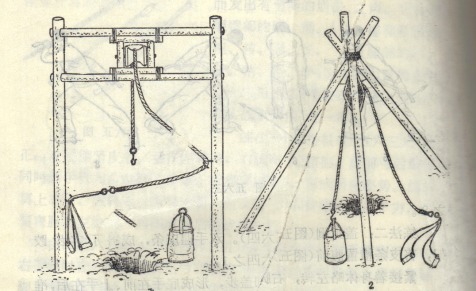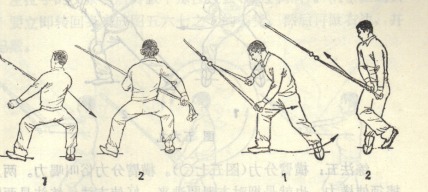Couple of things going on here. First, I think you've missed the forest for the trees. I'm not arguing against training nor foundational instruction. I'm arguing against training as a replacement for application. In the same post, a sentence you snipped out made this more clear.
Second, knowledge based on foundation only works in context. To really understand the foundation, you have to apply the foundation in context. In order to understand the more nuanced application, you have to be adept at the foundational application. This is such a simple concept, and it goes out the window with martial arts. Confounding to me.
Lastly, it's never too early to get to application. The specific issue here is the suggestion that one should wait to apply any foundation until one has firmly grasped the foundation. Sure, good training makes a huge difference. But if I had to choose between really, really good training without application or adequate training with application, I choose the latter. The person who trains a little and applies a lot will always progress faster than the one who does not.
Let's consider chess. You have 24 people. There are 12 who play chess and 12 who don't know how, and they're all paired up together. The idea is to teach all 12 of the novices how to play chess with some degree of competence. After 30 days and at 60 days, they are interviewed to assess their general understanding of the game, and then at 1 year they all play each other. We could get into what the actual measures are, but for now, just picture whatever that looks like in your mind. There are three teaching models on the table: death through training, sink or swim, and a hybrid of the two.
- Four of them read the books, watch YouTube videos, and talk to their coaches about chess. They get to hold the pieces in their hands, but they never get to play a game.
- Four of them play the game. While their coach may demonstrate the rules and various tactics during the game, these four are learning the game by playing the game. They are being required to intuit the rules from observation, and trial and error.
- Four of them are in the hybrid. They get a brief explanation of the general rules on day one, and then play the game. After each game, they talk about what went right and wrong, ask questions, and then play more. They play a lot of chess, but the mentors are able to explain their actions and coach in real time.
At the end of 30 day interview, who's doing well? I'd argue that out of the gate, the hybrid group is doing best. Applying skills right away puts them into context and helps build a framework so that they remember nuance. The death through training group will talk a good game, and the sink or swim group will appear to be mostly sinking.
As the year progresses, the hybrid group, who is training and also applying their training in context, will excel. At the end of the year, I would expect each of the four of them to easily win matches against the other two models, and the real competition would be among themselves.
Second, though, would be the sink or swim group. Initially, they would lag behind everyone, because they're having to figure it out. But over time, they're going to be creating a structure for themselves and just by logging the hours playing with someone who is competent, they will become proficient.
Lagging far behind would be the death by training folks. Never actually applying the techniques, they would plateau very quickly, and their skill progression will stall.
All of that said, there is an instructional design model that's been around for a decade or so, that's sort of a "sink or swim" with a life vest model. I could get more into it, but the gist is that you are essentially thrown into the pool on day one, and if you start to drown, you're given a pool noodle. But the struggle is an essential part of the model.



